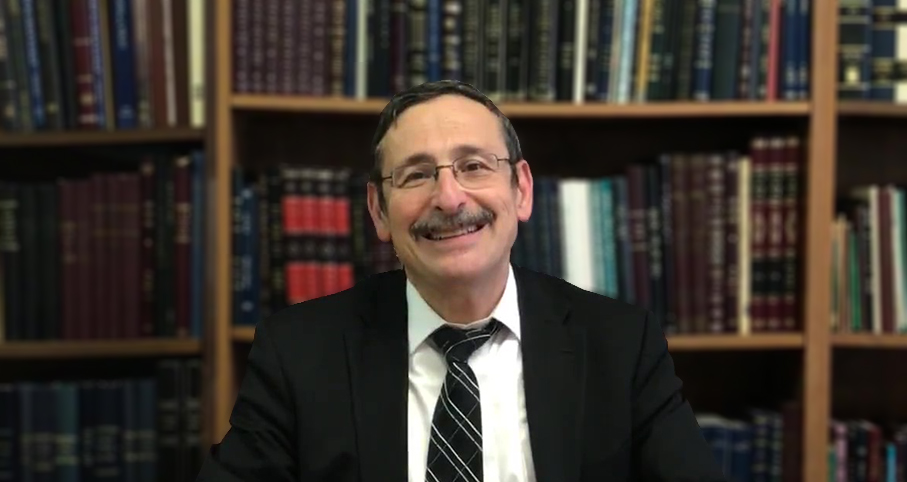Beit Midrash
- Torah Portion and Tanach
- Vayikra
- Kdoshim
- Sections
- Chemdat Yamim
- Parashat Hashavua
At Sinai, a one-time event occurred – a point of connection was made between Heaven and earth. Rabbi Yossi said: "Never did the Divine Presence come down nor did Moshe and Eliyahu go to the Heavens." While the Torah writes that "Hashem descended onto Har Sinai," that was only 10 handbreadths above the mountain (Sukka 5a).
Moshe Rabbeinu and Elyahu Hanavi were very unique people, and they also had a lot in common. They both went 40 days without eating or drinking, and they both had special divine revelations at Sinai/Horeb. They both taught us that it is possible to free oneself from the bonds of time and place by finding the point of contact between Heaven and earth.
But again, there was still at least a minimal separation between Heaven and earth. Total freedom is found in Heaven, and total slavery was found in Egypt. Moshe came as close as man can to the freedom of the Heaven when he went up to Mt. Sinai, and along with him, Bnei Yisrael also did to an extent. Chazal (Shemot Rabba 29:4) tell us that "their souls flew off" at that time. This happened when Hashem granted their wish to see His glory and hear His voice. Since man cannot live through such an event, they lost control of their souls, along the lines of Shir Hashirim (5:6): "My spirit left me when I spoke to him." They were restored to life "when the Torah asked for mercy for them."
What does it mean that the Torah asked for mercy? The answer is that Torah study gives life to those who engage in it. While we cannot actually go up to the Heaven, we can have a taste of it in this world by learning Torah. This is the secret to the "path to the tree of life" (see Bereishit 3:24). The more one learns, the more he "eats from the fruit of the tree of life" and becomes a freer man. Thus, true freedom was not achieved from the Exodus but required the giving of the Torah.
For that reason, leaving Egypt started with the mitzva of brit mila. One has to set boundaries for the strongest human instinct, which draws man to overly stress his material side and does not allow him to strive for Heaven. The boundaries that the Torah sets allow one to return to that great moment of the giving of the Torah, and the meeting of Heaven and earth.
Therefore, the famous machloket between Rashi and the Ramban in Parashat Kedoshim is not one "of the root" but of stress. Rashi stresses that we sanctify ourselves by means of the mila, which happened in preparation for the Exodus; therefore he says that being sacred means staying far away from illicit relations. The Ramban stresses what happened at Sinai, when we tried to resemble Hashem by separating from permitted material matters ("sanctify yourselves by [refraining from] that which is permitted to you"). That allows one to "return to Sinai" as much as he can.
We are between Pesach, Korban Pesach, and the creating of the covenant, and the holiday of the giving of the Torah, and we are elevating ourselves throughout the sefira. Amidst all of this, may we help all of Am Yisrael join this great process, and thereby become an ever-increasing "free nation in our land."

The Entire World is Filled with His Glory
Parashat Kedoshim
Rabbi Meir Goldwicht | תשס"ו

Parashat Acharei Mot Kedoshim
Aloh Naaleh
Rabbi Aharon Angstreich | 5769

TO BE HOLY - AND HUMAN, TOO
Rabbi Stewart Weiss | Iyar 8 5777




















